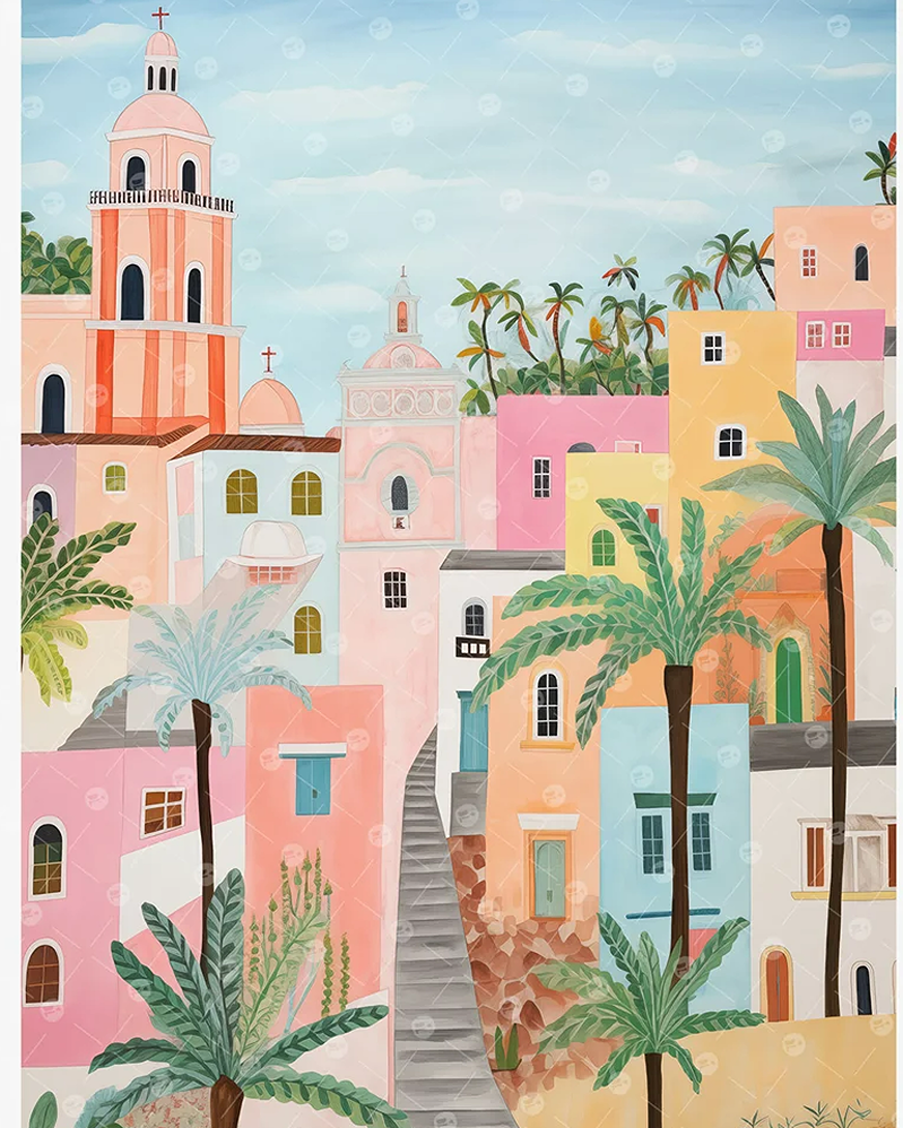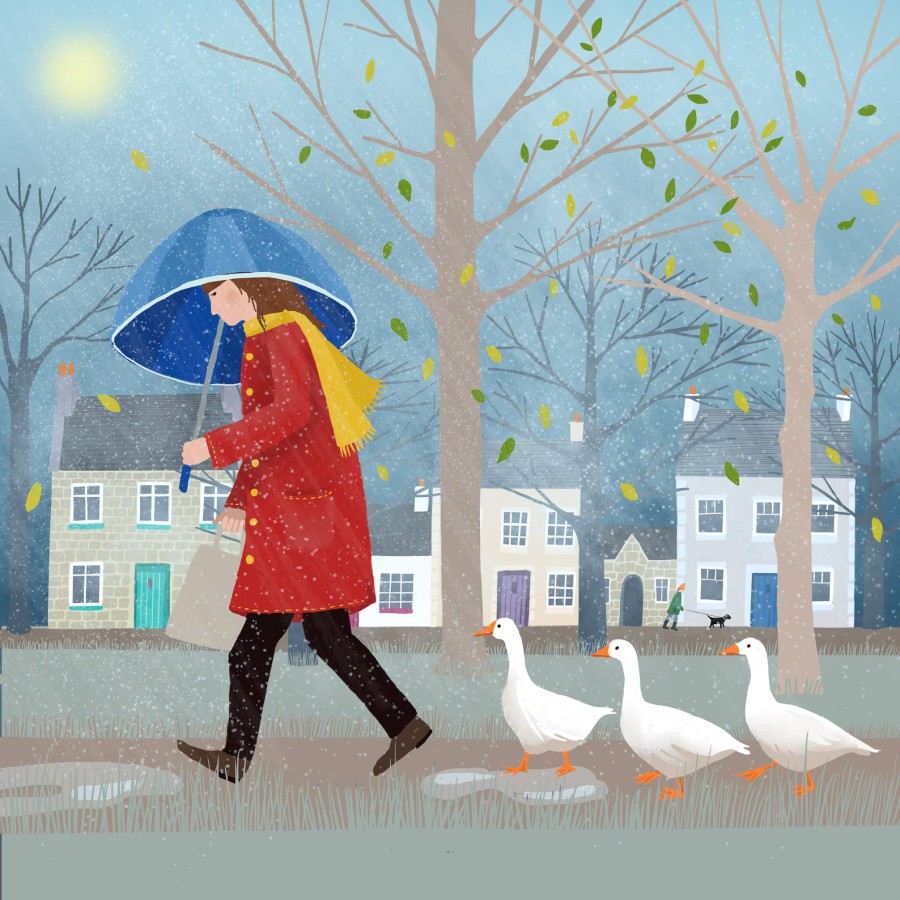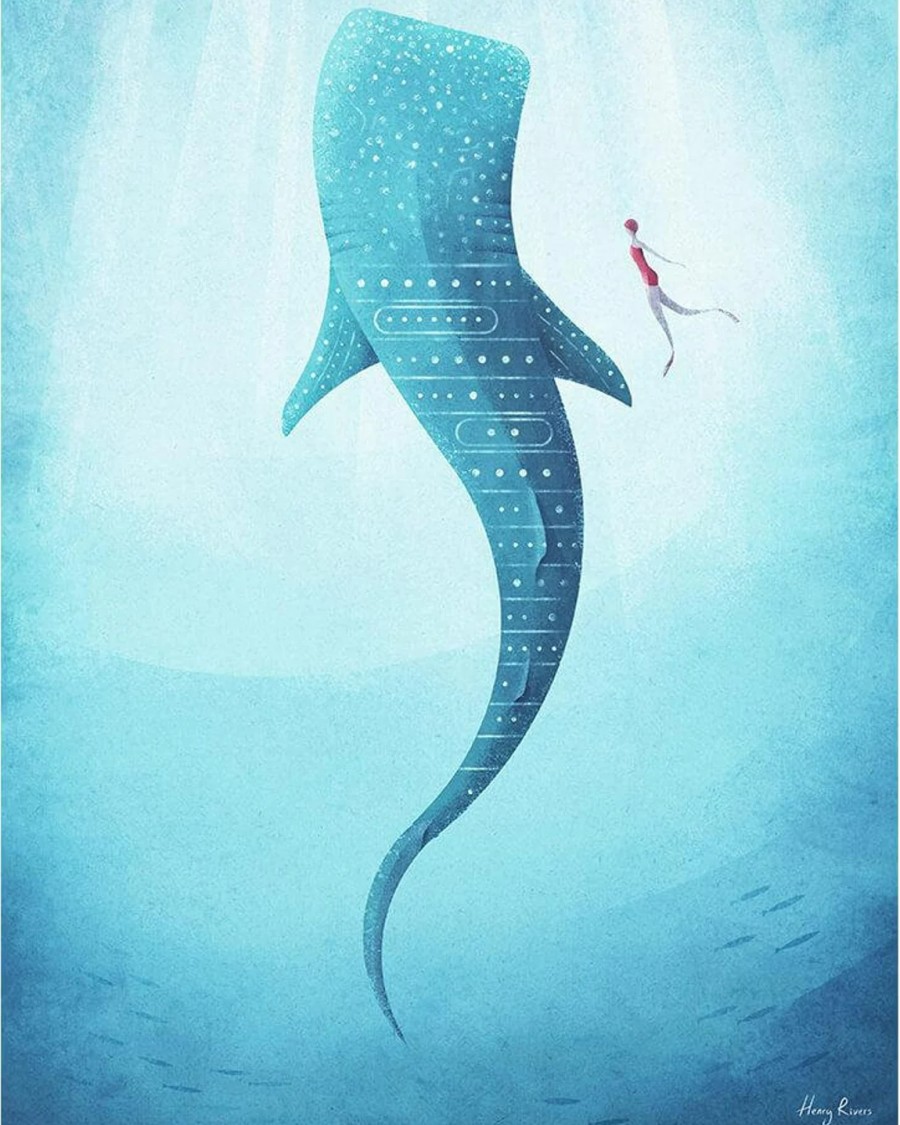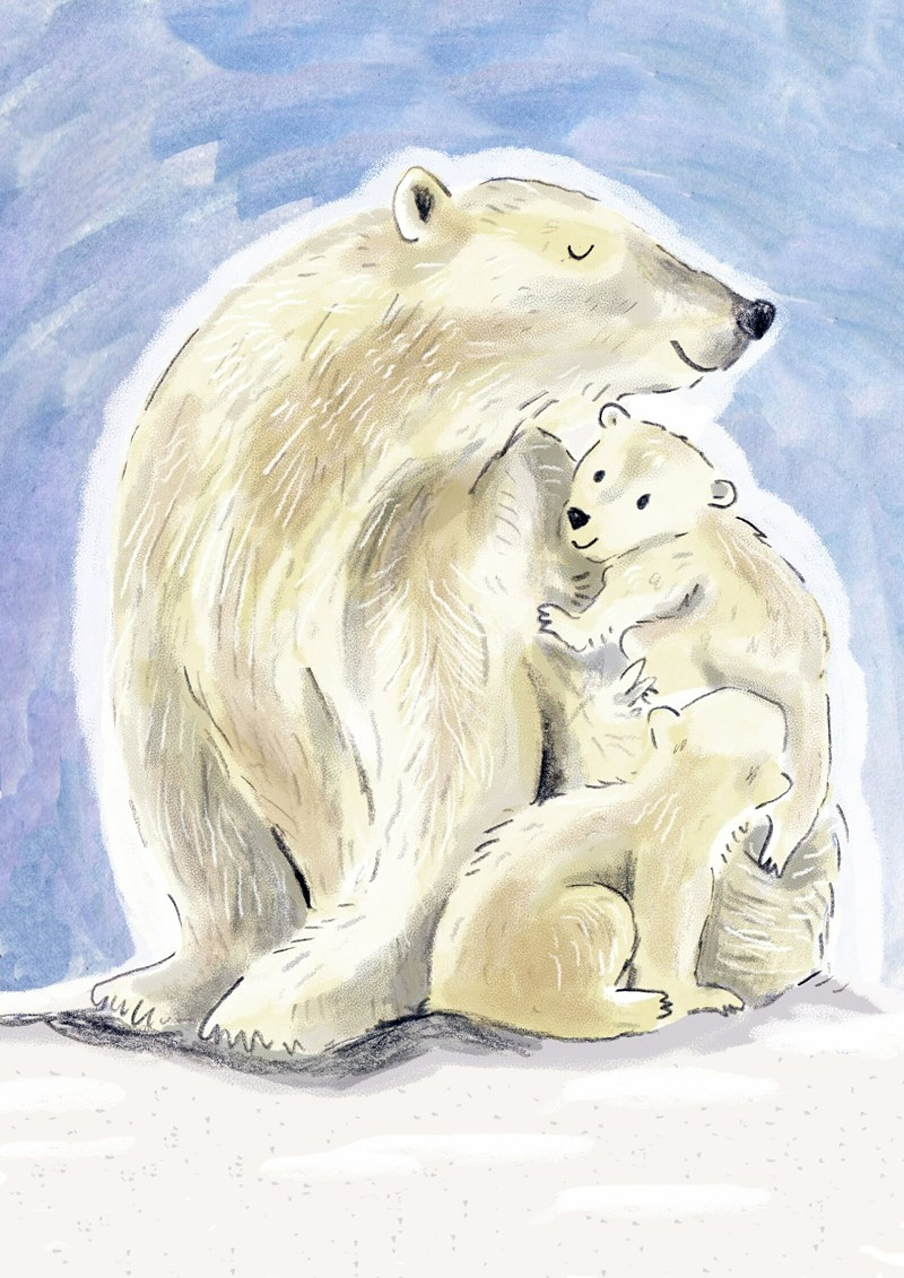
Not all women are able to breastfeed, and some choose not to (and that’s every woman’s choice). But don’t get cajoled by industry into thinking that you have to use formula, because most of the time – you don’t. Breastfeeding is undoubtedly best for the health of a baby (including thick colostrum produced just after birth). And although there’s no proof that it helps bonding (dads feed babies too!) there is evidence to suggest breastfeeding leads to less chance of cancer later on in life.
NHS lists organisations that can help (including feeding special care babies and twins/triplets). Read Breastfeeding and the Fourth Trimester for tips, methods and reassurance on breastfeeding. Includes troubleshooting advice for the first few months, plus real parent stories. Lucy is a registered midwife and lactation consultant.
reusable breast milk storage trays
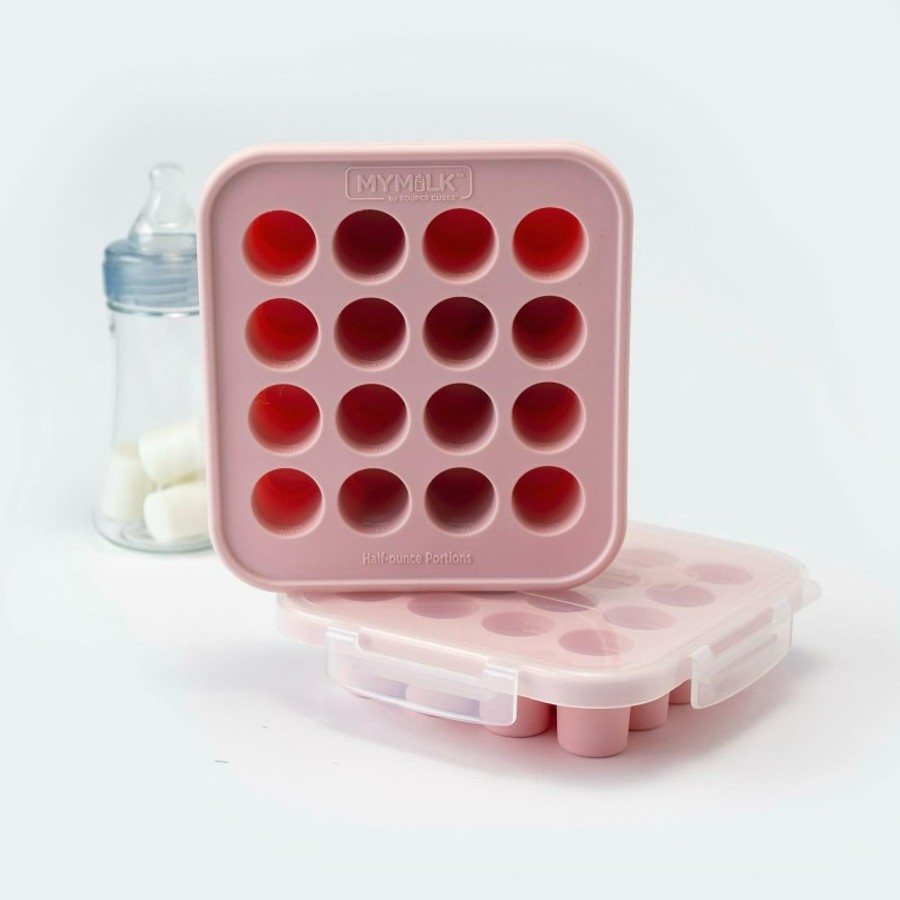
MyMilk Trays (US) is a one-time purchase (there does not appear to be a UK wholesaler yet) created by an engineer who designed Souper Cubes (to freeze small portions of soup), then hit on the idea to do the same for breast milk.
Designed to fit most baby bottles, just insert the frozen cubes and thaw in lukewarm water (or place in fridge overnight). Place MyMilk trays in the back of the freezer, as the door will have variable temperatures (due to opening and closing door). Frozen breast milk should stay fresh for 6 to 12 months or transfer to a silicone freezer bag. Store so you use the oldest milk first. Trays are tested several times a year by third-party labs to ensure they exceed US and European food-safety standards.
Clean and sanitise before first use by washing first, then place in boiling water for 5 minutes (or in a sanitising machine or on dishwasher setting). When your baby has weaned, you can use the trays to freeze purees and soft-foods or (for adults) to freeze minced garlic or ginger, or even herbed vegan butter cubes.
zero waste baby bottles
You can buy baby bottles made from stainless steel (with easy-read measurements and a replacable dishwasher-safe silicone teat). Or borosolicate glass with natural rubber teats (conforms to safety standards and resistant to heat/thermal shock, obviously take care with these).
how to donate breast milk
You can donate breast milk if in good health (breastfeeding works on supply and demand, so you won’t run out for your own baby). Expressed milk is frozen and screened, then given to preemie babies with delicate guts, for mothers unable to breastfeed (the next best thing to a mother’s milk – is another mother’s milk).
sustainable clothing for breastfeeding
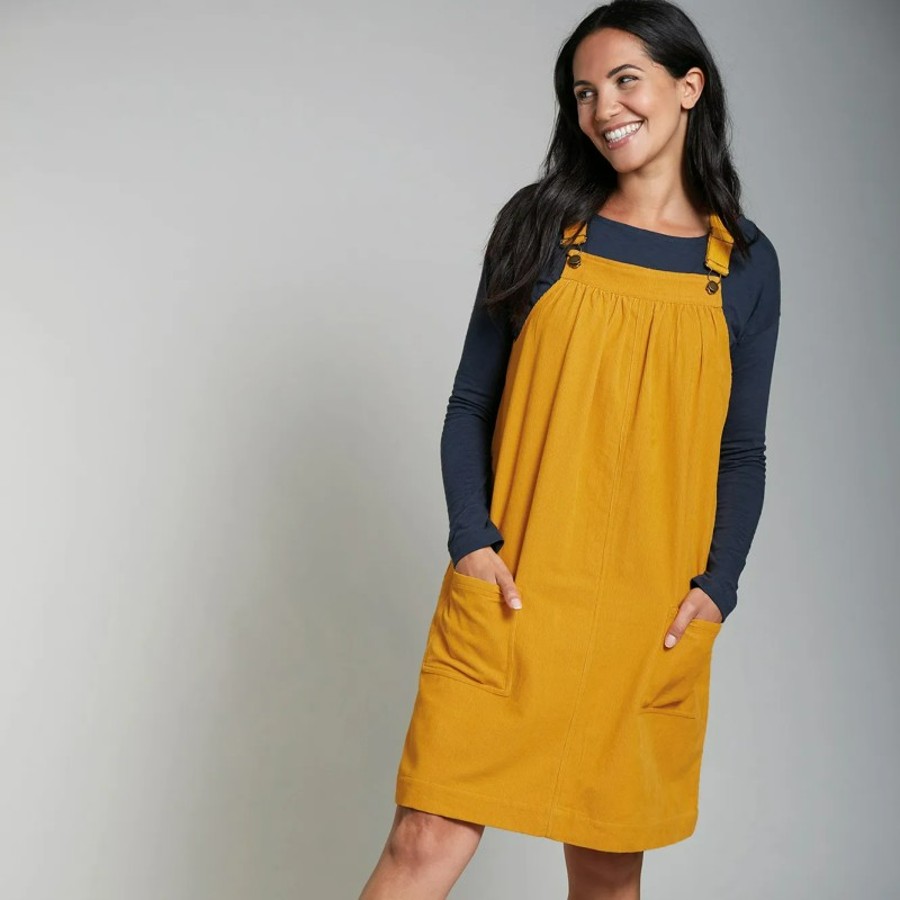
Most maternity clothes add a little Lycra for stretch and comfort. So just wear looser natural fibres or for synthetic fibres, use a microplastic catcher. Some items by Frugi are 100% organic cotton (like dungarees). Bshirt offers a nice line of organic nursing clothing, but most has lycra added.
organic breastfeeding tea
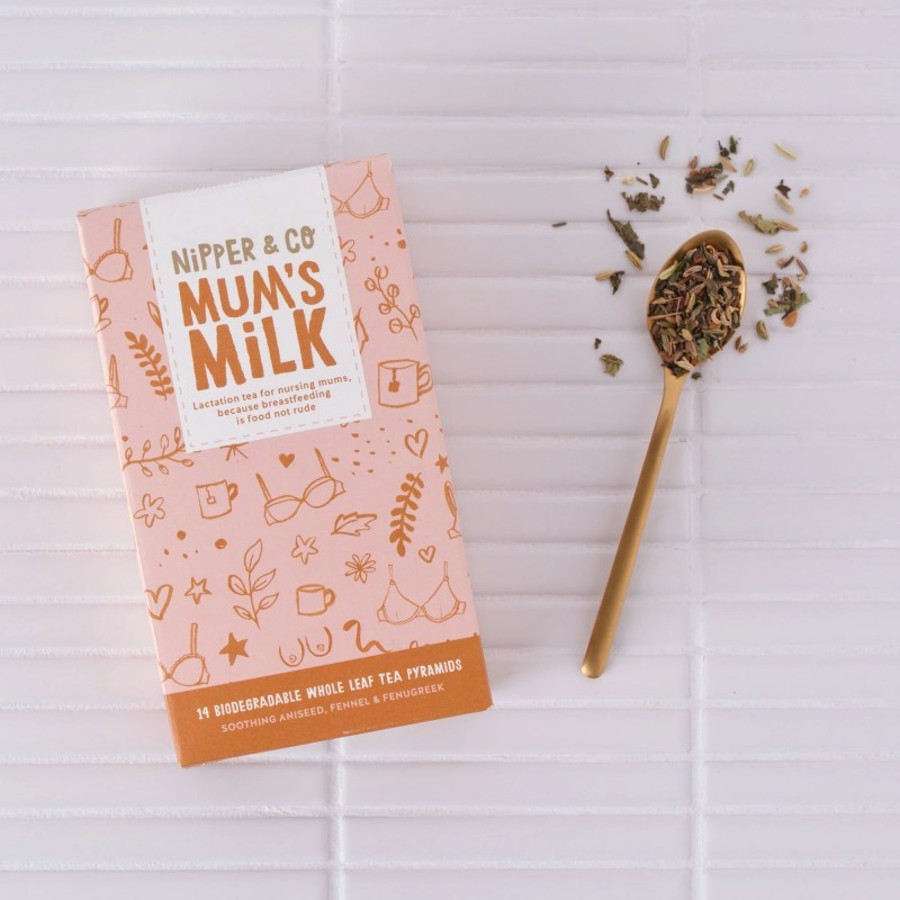
Nipper & Co makes breastfeeding teas, formulated by a mother with anMSc in Medicinal Plants (check with doctor for issues/medication). Sold in sustainable packaging, these teas are made with aniseed, fennel, caraway, lemon verbena, fenugreek and thyme. Designed to help milk flow and regulate hormonal production.
want to (or need to) use formula?
World Health Organisation recommends breastfeeding if possible for the first year, as early feeding of dairy has links to type-1 diabetes. Viva! has good info on vegan formulas (read Feeding Your Vegan Child by an NHS dietitian). There are only a few plant-based formulas, so talk with your midwife if any are suitable (or available):
If you feed dairy formula, Kendamil is locally made, organic and free from palm oil. It’s made with milk from grass-fed cows on family farms in the Lake District for better welfare (ignore the boast about Red Tractor, it means diddly squat other than it’s British). But this does appear to be a company that knows the farmers it buys from, sources other ingredients from Somerset, Kent and Yorkshire, and runs a green-powered factory.
a feeding cup for breastfeeding difficulties
Niftycup is used worldwide to help babies with cleft lip to ‘lap’ milk, to increase breastfeeding rates. Easy to use and clean, you can control pace of feeding, due to a reservoir that ensures a baby doesn’t drink too much at once. You can boil the soft silicone, with measurements on the side of the cup.
This cup is being used in developing countries, to help stop marketing of baby formula to poor mothers who can’t afford it, once they leave hospital (some then water it down or mix with dirty water, leading World Health Organisation to say that 800,000 babies die each year from not breastfeeding, when they could. Baby Milk Action is campaigning to stop this practice.



